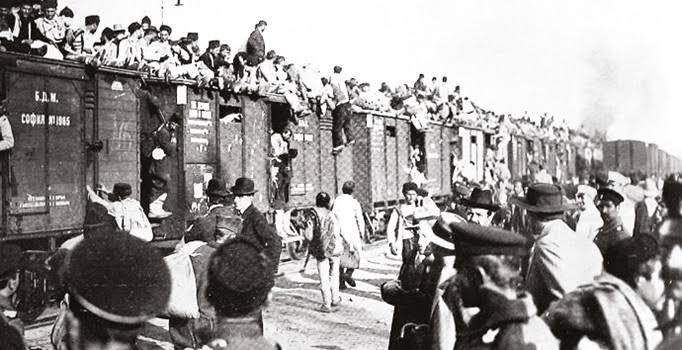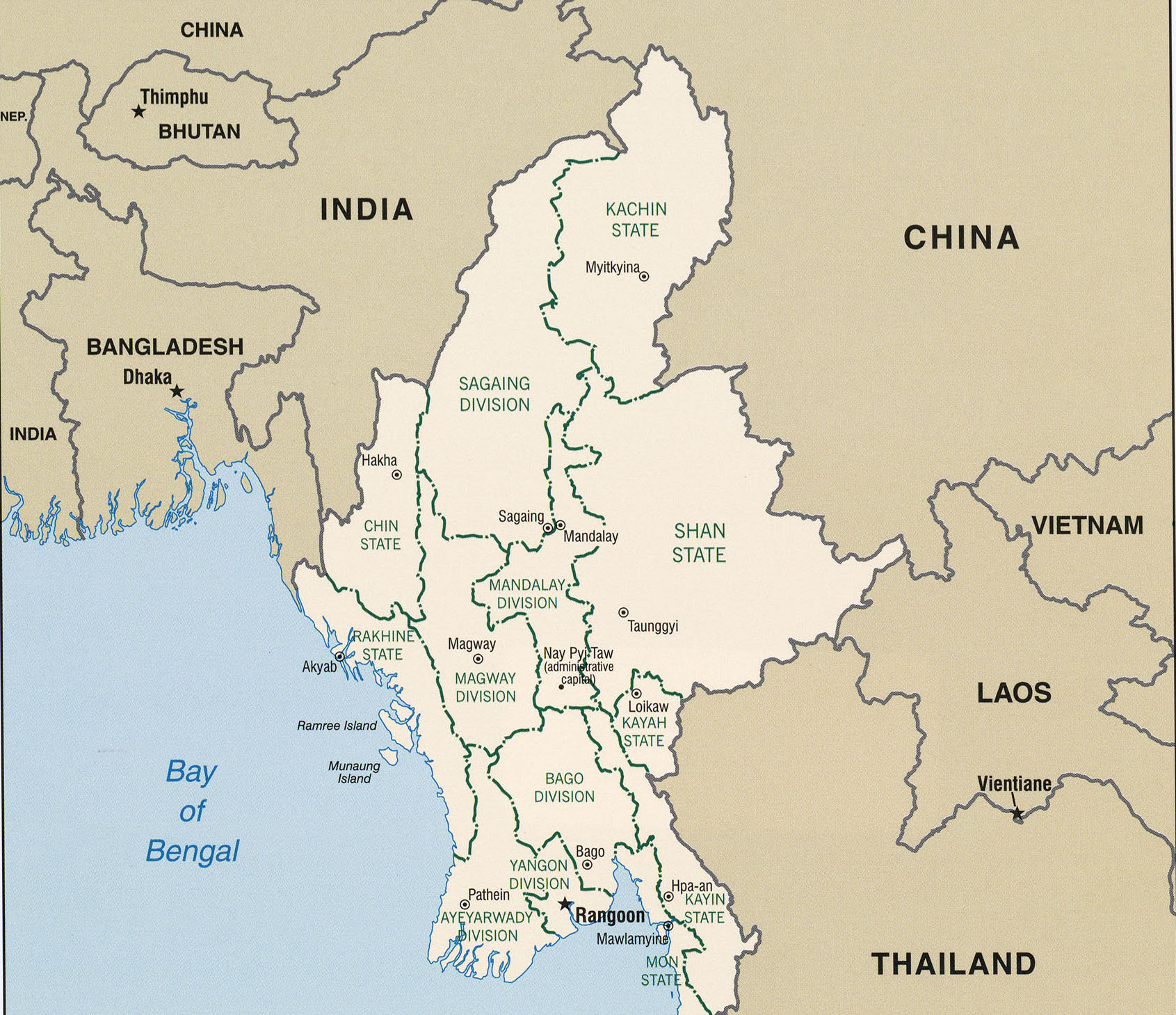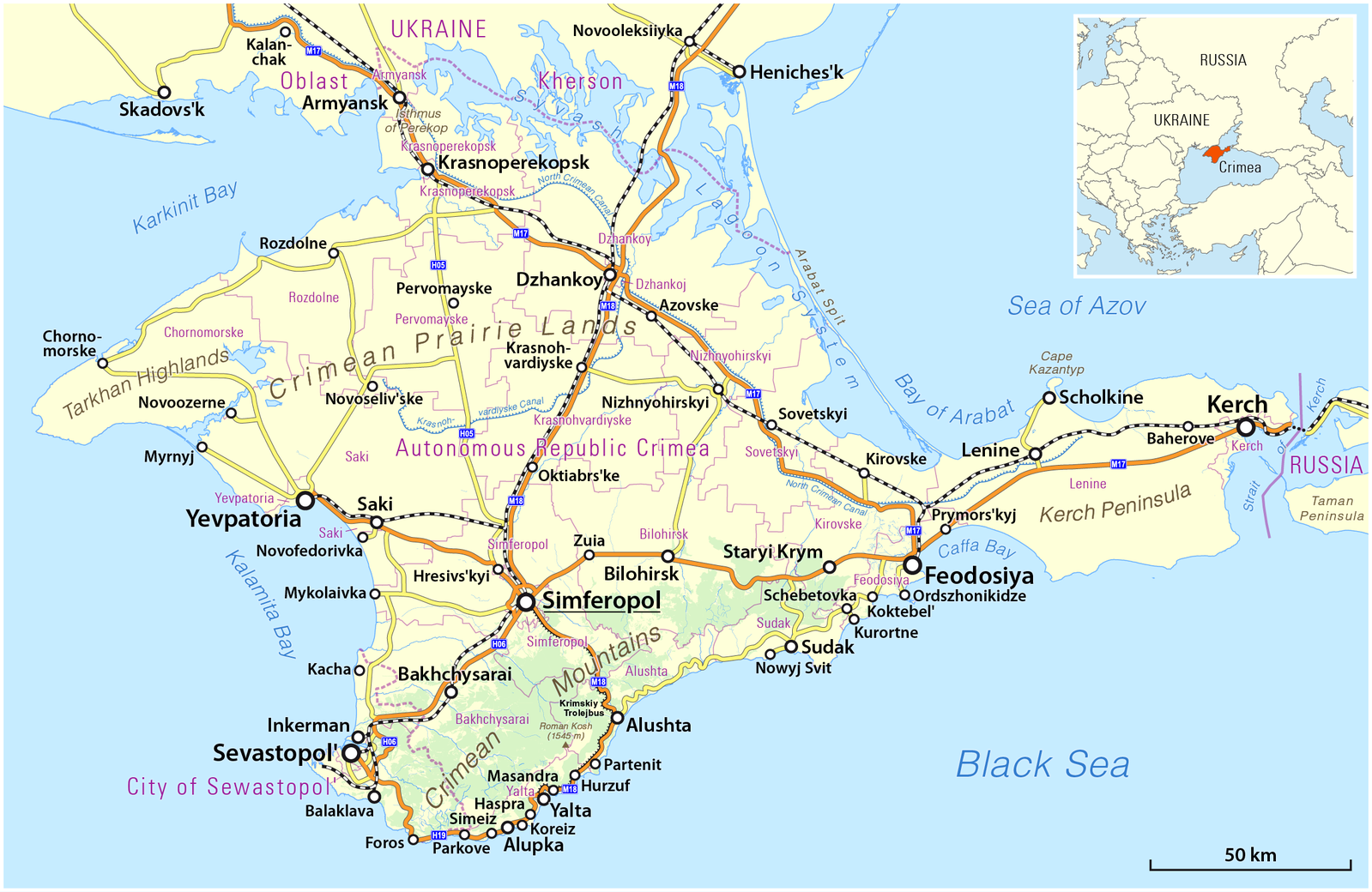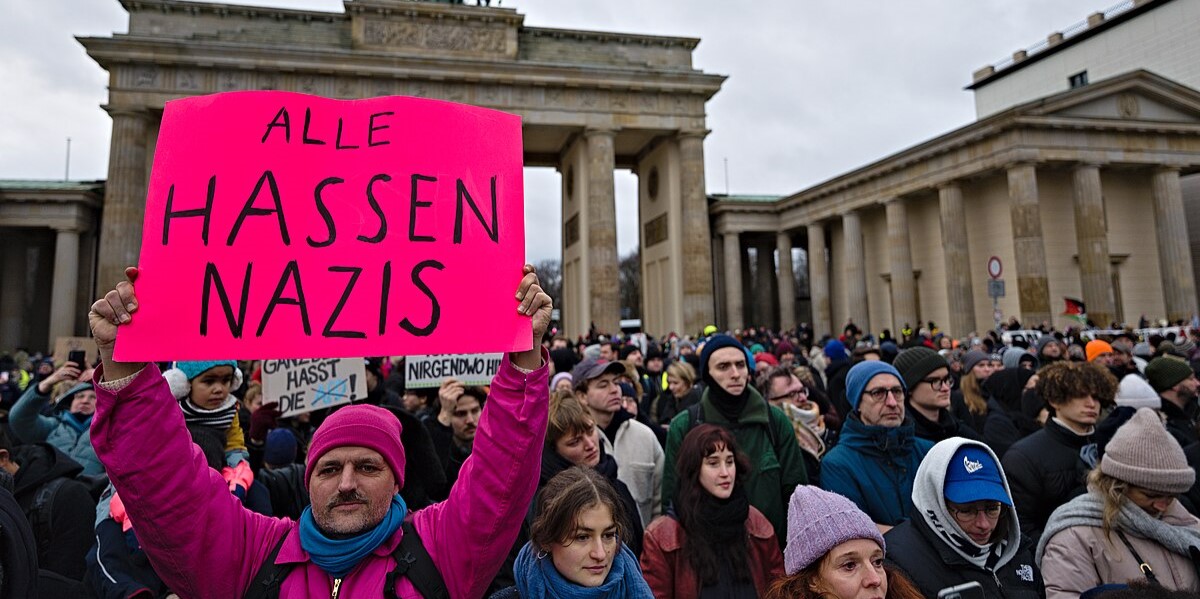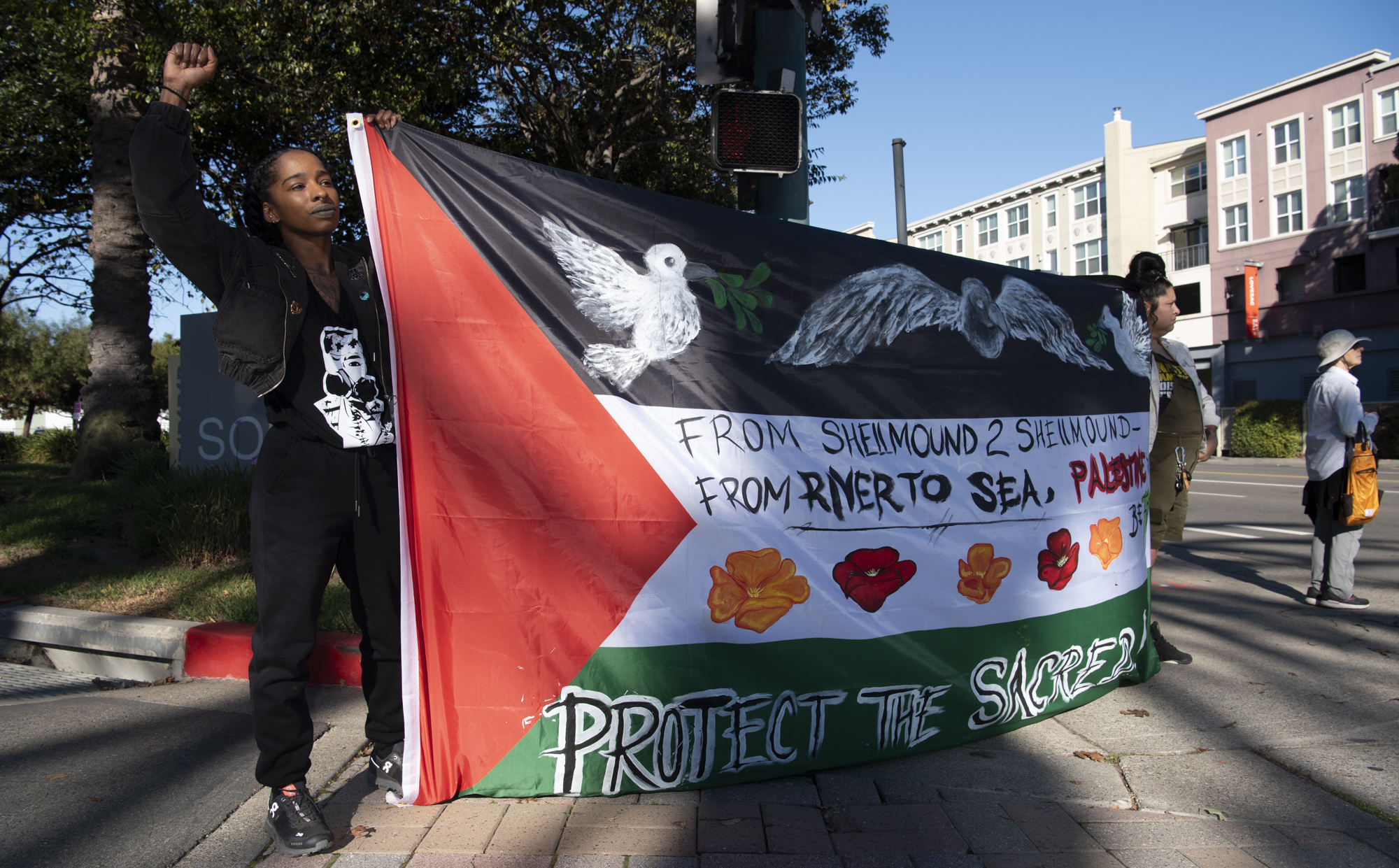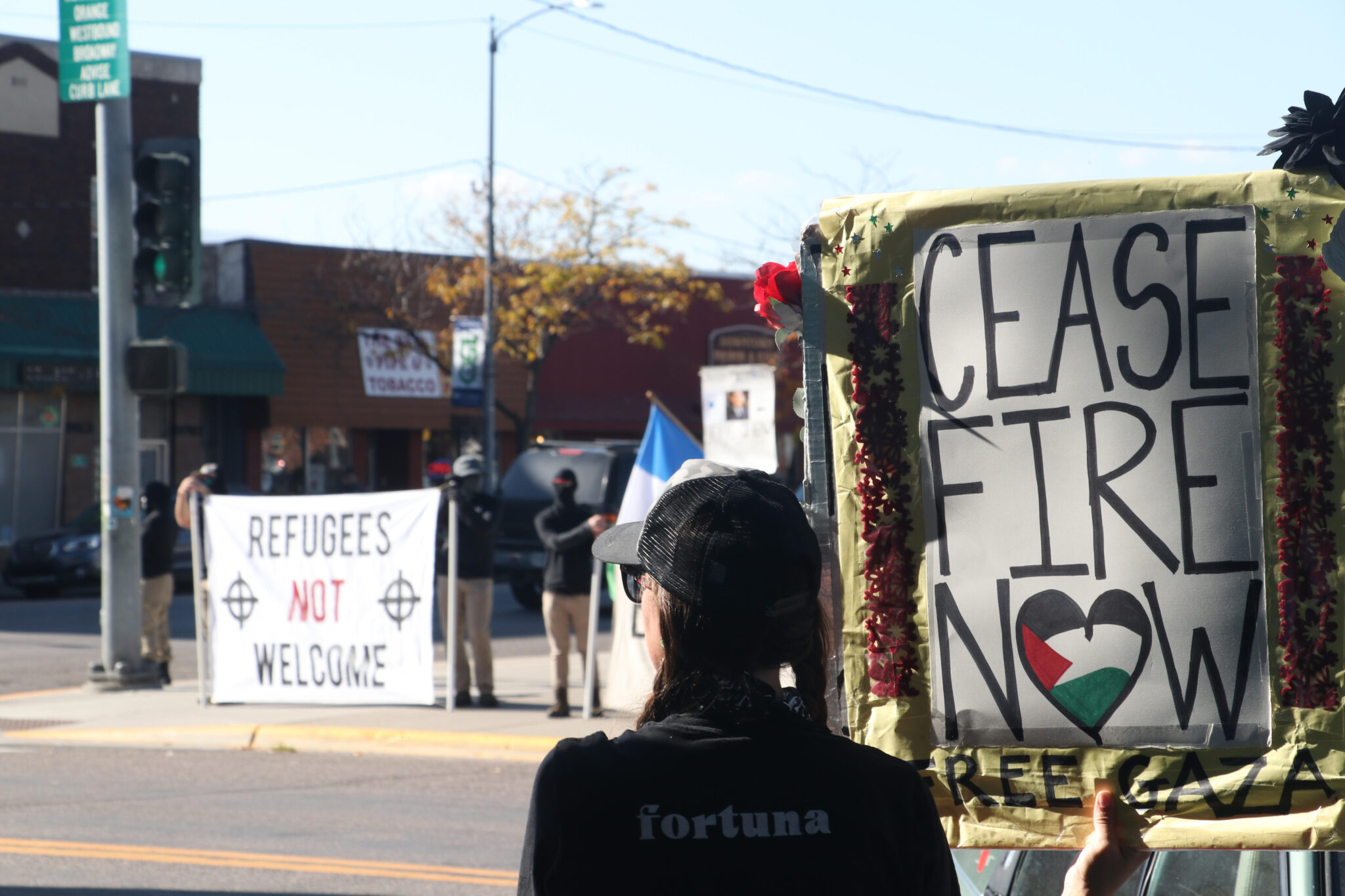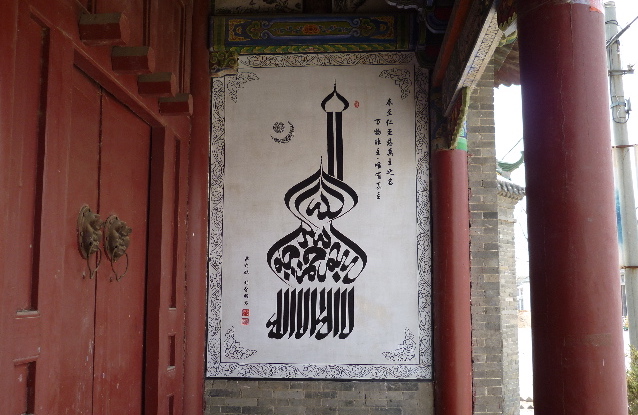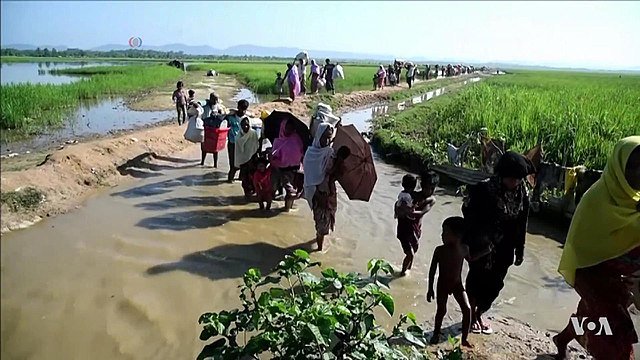
ICC prosecutor seeks arrest of Burma military chief
The chief prosecutor at the International Criminal Court (ICC) filed an application for an arrest warrant against Gen. Min Aung Hlaing, ruling military chief of Myanmar (Burma), on charges of crimes against humanity. ICC Prosecutor Karim AA Khan KC announced the move, citing “reasonable grounds to believe” that Min Aung Hlaing bears criminal responsibility for the deportation and persecution of Rohingya Muslims beginning in 2017. “The crimes were committed by the armed forces of Myanmar, the Tatmadaw, supported by the national police, the border guard police, as well as non-Rohingya civilians,” Khan said. The application is the first against a high-level Myanmar government official. (Photo: VOA via Wikimedia Commons)




